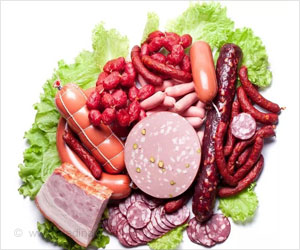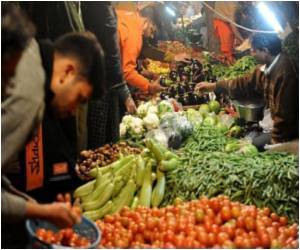- Classifying yak as a food animal will commercialize yak milk and meat products which in turn will foster entrepreneurship
- This move is expected to help slow the population loss of yaks
Yak as a Food Animal
The classification is expected to help slow the population loss of the high-altitude bovine animal by incorporating it into the traditional milk and meat industries. Mihir Sarkar, the director of Arunachal Pradesh’s National Research Centre on Yak (NRC-Y), claimed his organization has submitted a request to the FSSAI in 2021 to consider the yak as a food animal.Following a suggestion from the Department of Animal Husbandry and Dairying, the FSSAI issued an official approval a few days ago.
“The yak plays a multidimensional socio-cultural-economic role for the pastoral nomads who rear it mainly for earning their nutritional and livelihood security due to the lack of other agricultural activity in the higher reaches of the Himalayan region where it is difficult for animals except the yak to survive,” Mr. Sarkar said.
Yaks are historically raised using a rudimentary, unorganized, and difficult transhumance system. However, according to NRC-Y data, the country’s yak population is declining at an alarming rate.
Sharp Reduction in the Yak Population
According to a 2019 census, India has approximately 58,000 yaks, a 25% decrease from the previous livestock census in 2012. Aside from the government and local consumers, the sharp decline in the yak population has become a major source of worry for animal genetic diversity conservationists.The sharp reduction in yak population could be related to lower bovid payment, which discourages newer generations from continuing with nomadic yak raising. Yak milk and meat are mostly sold to local consumers because they are not part of the regular dairy and meat industries.
Commercializing Yak Milk and Meat Products
Scientists believe that commercializing yak milk and meat products will foster entrepreneurship. However, they stated that the yak must be included as a food producing (milk and meat) animal under the Food Safety and Standards Regulation, 2011.“The FSSAI’s recognition will help farmers rear the yak economically and open up several vistas of economic benefits for both farmers and food processors,” Mr. Sarkar said.
Nutrient Quality of Yak Milk and Yak Meat
Yak milk is highly nutritious, high in fat, includes important minerals, and has therapeutic properties, according to NRC-Y research. Yak milk includes 78-82% water, 7.5-8.5% fat, 4.9-5.3% protein, 4.5-5.0% lactose, and 12.3-13.4% solids-not-fat, according to nutritional analyses. Churkum, churpi, ghee, and paneer are traditional products made from yak milk.Yak meat is known to be thin and is mostly consumed locally. The meat has a moisture content of 74.8%, a protein content of 21.7%, a crude fat content of 1.5%, and an ash content of 1.2%.
According to experts, yak farming needs to be more profitable in order to attract younger generations.
“NRC-Yak has developed a semi-intensive model of yak-rearing in which yaks are maintained in an open area as well as in paddock round the year. Now that the yak is a food animal, this model can go a long way in making yak-rearing a commercial success,” Mr. Sarkar said.
Source-Medindia
















